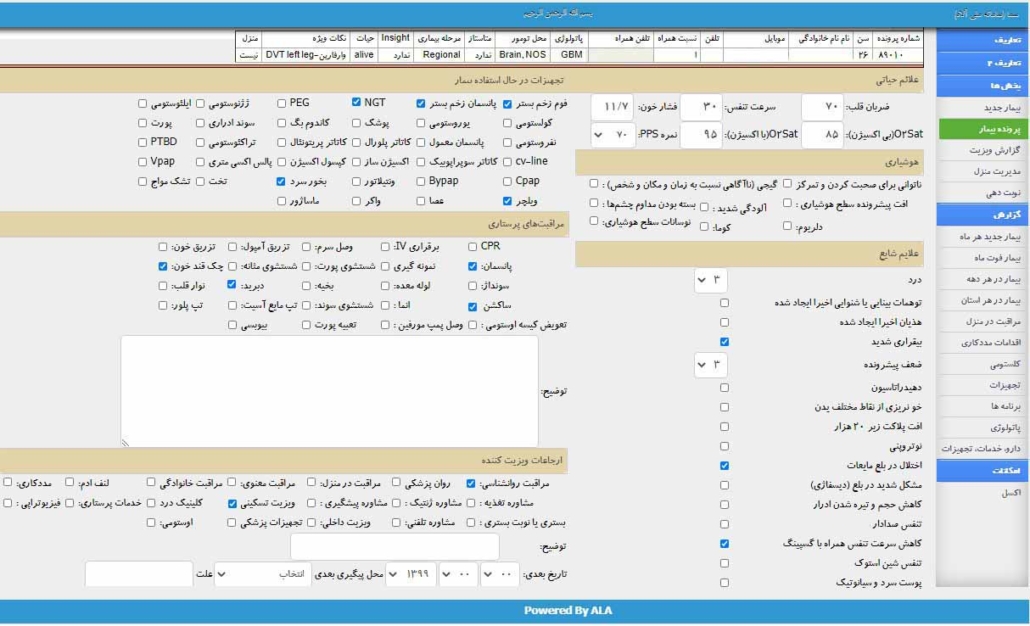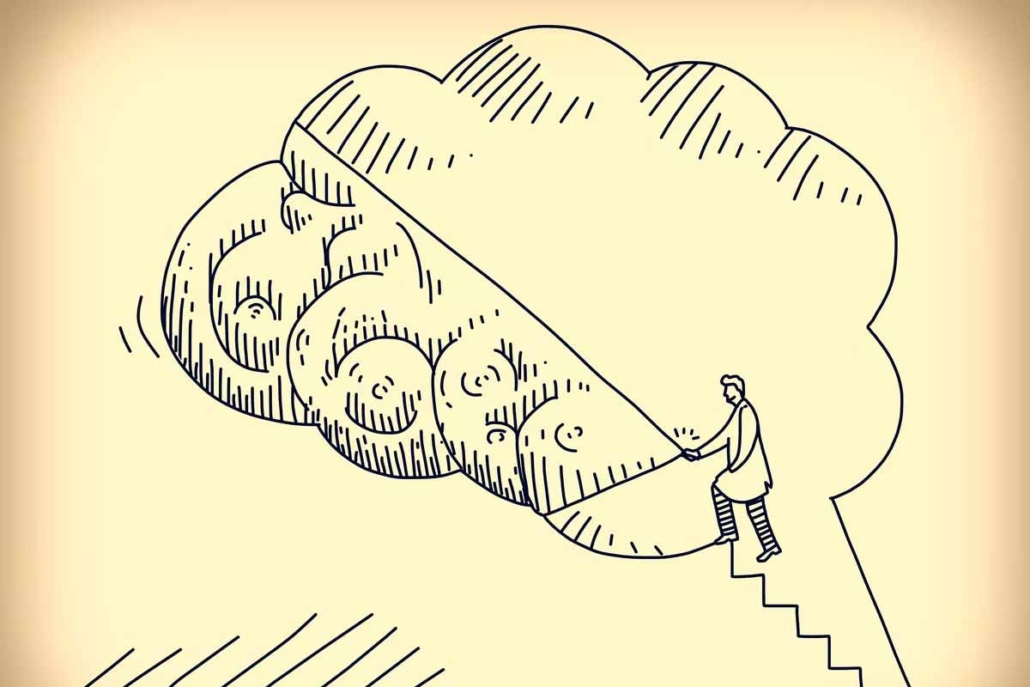Research in MACSA
Modern supportive and palliative care as a young specialty with less than 100 years of history is full of scientific gaps that may only be filled with research. limitation in scientific evidence and practical guidelines, lack of previous local experience in the field, nature of the palliative care that deals with complex situations (e.g., grief), emergence of ethical dilemmas (e.g., treatment withdrawal) and executive challenges of palliative care all underscore the significance of research in palliative and supportive care particularly in Iran.
Modern supportive and palliative care is a very new topic in Iran and has a history of almost 10 years (concurrently with the formation of MACSA). Thus, research in various fields related to supportive and palliative care are warranted to identify local needs, translate existing knowledge to practice and adapt standard care guidelines to local needs, develop local methods, adjustment of health policies and governing structures. To date, MACSA has collaborated in the design and implementation of various studies to achieve this goal and welcomes collaboration with researchers and research institutions from around the world in all related fields.
In today’s globalized world, interdisciplinary, inter-organizational, and international collaborations facilitate research advancement.
We at MACSA highly appreciates any opportunity of research collaboration with institutions and people who are interested in development of palliative and supportive care. International research collaboration is an opportunity to improve the local research capabilities and respond to issues and challenges of palliative in Iran.
So far, various projects have been initiated and carried out aimed to promote and develop supportive and palliative care in Iran by MACSA. Some of the most important of these projects are as the following.
Developing of the “optimal cancer palliative care service delivery management model” at a national level
MACSA has developed in partnership with the Ministry of Health has developed the “integrated management of cancer palliative service delivery model ” based on world-class technical knowledge and experience. This model has evolved over a decade based on the state-of-the-art technical knowledge and international experience as an optimal model of supportive and palliative care services delivery for cancer patients in Iran. This model facilitates the integrated management of all supportive and palliative care services (i.e., physical, psychological, social and spiritual).
The model consists of six main components including palliative care hospital out-patient clinic and ward, home care network, cancer rehabilitation center, hospice, call center and cancer supportive social network. Some of the most important advantages of this model are its full compliance with the Iranian health care system, while making it possible to take advantage of the valuable capacity of the health charities and non-governmental organizations.
The development of the “Executive protocol of the home care network” is another achievement of this project, which is considered as the basis of MACSA home care services.
Research collaboration with universities and research institutes
University thesis is an opportunity for the university and researchers align their knowledge and energy with the real needs of the community. Professors and students can play a significant role in developing the local knowledge of supportive and palliative care and local adoption of the services in Iran through student dissertations. Such effort, in turn, provides the opportunity to introduce supportive and palliative care to the academic community. MACSA strives to respond to the local challenges of supportive and palliative care though proposition of dissertation thesis in close collaboration with universities and faculty members.
To see a selection of the university thesis conducted in MACSA, please click HERE.
Launching the “Online health records management system”
The demographics, previous and recent medical records, report of the services, and other information based on which the MACSA services are planned. The information is entered accurately and in conformance to international standards. This system complies with privacy and security standards and has classified access levels for the various users. The resulting database can be utilized for service quality control, infrastructural planning and research.
Establishment of spiritual care task force
Being diagnosed with a serious illness like cancer, may lead to religious and spiritual challenges that in turn may cause a variety of issues, including loss of hope and decreased coping capabilities. Despite the ancient history of human tendency to spirituality, spiritual care is the newest specialty among disciplines involved in supportive and palliative care. This area of care aims to provide spiritual peace to the patient and the family and address the existential, divine, religious and other concerns of the patient. The scientific resources available in spiritual care are rare, and mostly include peer reviewed articles (rather than textbook, handbook or guidelines). On the other hand, culture, religion and other local factors play a decisive role in the design, delivery and effectiveness of spiritual care. Despite the rich spiritual and religious culture of Iran, by now, no professional model for delivery of spiritual care has been developed.
In 2015, MACSA Spiritual Care task force was formed with the participation of experts from various specialties including religious science, psychology, ethics and psychiatry with the aim to elucidate the basics, content, programs and services required in spiritual care. MACSA spiritual caregivers as the pioneers of the field in Iran, initiated to develop “the local delivery model of spiritual care for cancer patients” according to anthropological, geographical, cultural and religious properties of the country. So far, this group has published several volumes of specialized and public books in the field.





